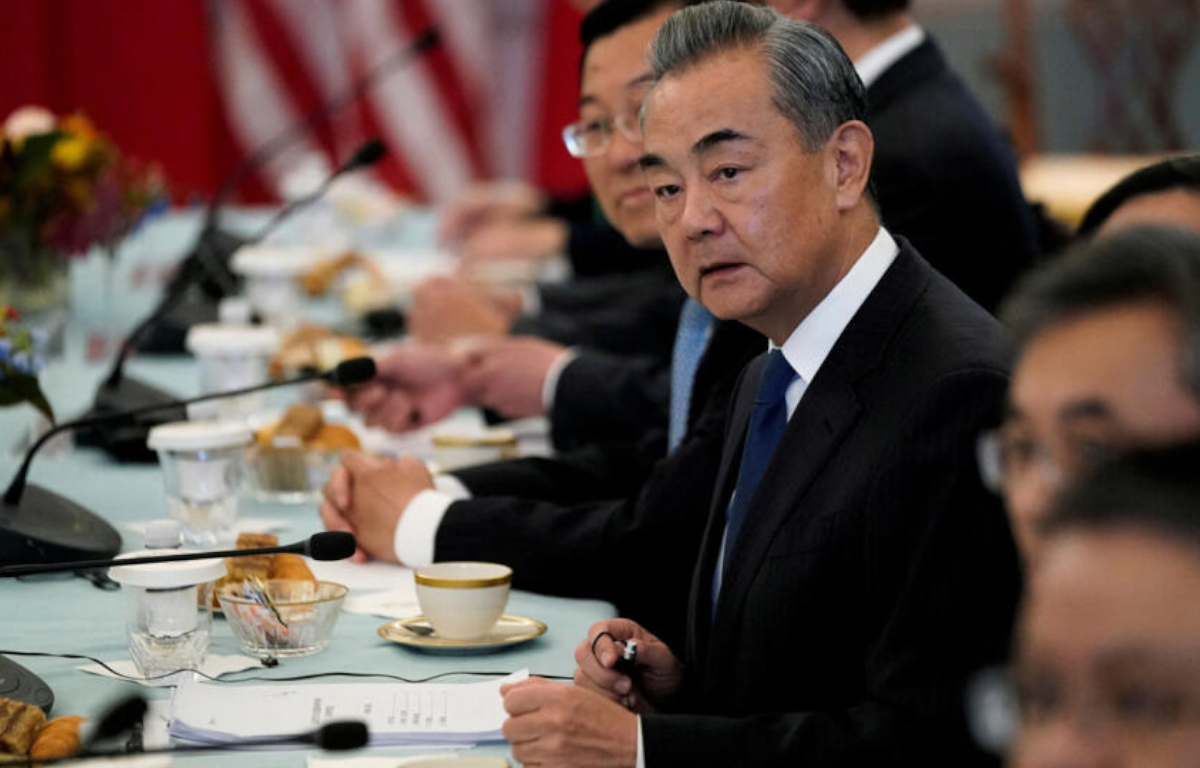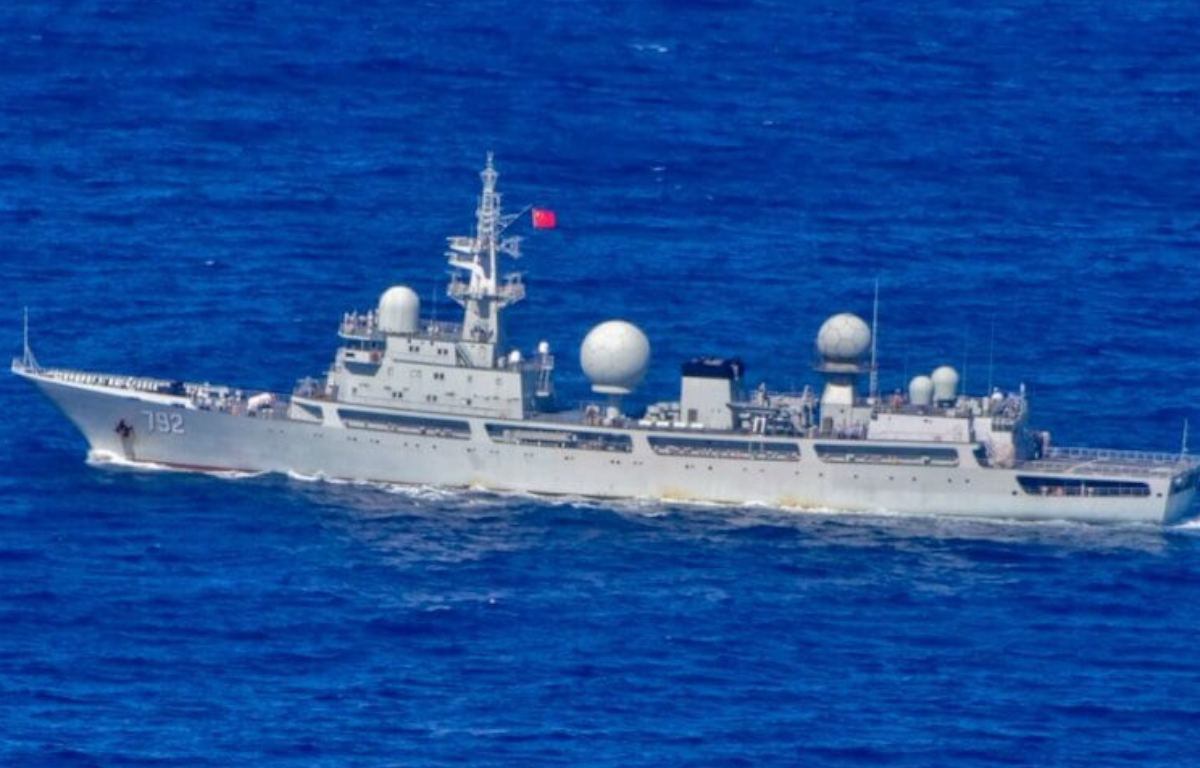
The South China Sea has emerged as a focal point of international concern due to its strategic importance, encompassing vast fisheries, major shipping lanes, and substantial energy resources. However, disputes over territorial claims involving nations such as China, Taiwan, the Philippines, Vietnam, Malaysia, and Brunei have fueled ongoing tensions.
China has played a prominent role in these disputes, asserting sovereignty over nearly the entire South China Sea via its expansive “Nine-Dash Line” claim. China has pursued an assertive agenda, including the militarization of artificial islands and the construction of military facilities within disputed waters.
The latest cause for concern is China’s construction of a floating barrier in the South China Sea, which serves multiple purposes, from safeguarding military assets to controlling access to certain areas. While China has argued that these structures are primarily for civilian use, neighboring countries and international observers have expressed alarm.
Japan, a nation deeply invested in regional stability and maritime security, has adamantly opposed China’s floating barrier in the South China Sea. Japan’s opposition is grounded in several guiding principles. First and foremost, Japan champions peace and stability, advocating for the peaceful resolution of disputes and the adherence to international law, including the United Nations Convention on the Law of the Sea (UNCLOS). The presence of these barriers raises concerns about heightened tensions and the potential for accidental escalations in the region.
Furthermore, Japan supports the fundamental principle of freedom of navigation in the South China Sea. The construction of barriers that could obstruct the movement of ships and aircraft directly challenges this principle, which is vital for global economic interests. Japan has also called for transparency in China’s activities within the South China Sea and stressed the importance of dialogue among all involved parties as a means of reducing tensions and preventing inadvertent conflicts.
Japan’s alliance with the United States further underscores its commitment to regional stability. The alliance includes security commitments in the Asia-Pacific region, prompting Japan to closely coordinate with the U.S. on regional security concerns, including those in the South China Sea. In conclusion, Japan’s stance on China’s floating barrier reflects its dedication to fostering peace, stability, and adherence to international norms in the South China Sea. Ultimately, the resolution of the complex disputes in this region hinges on diplomatic efforts, transparency, and constructive dialogue among all relevant parties.










Share this: